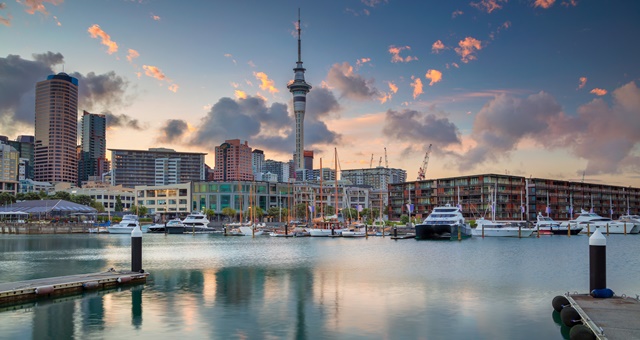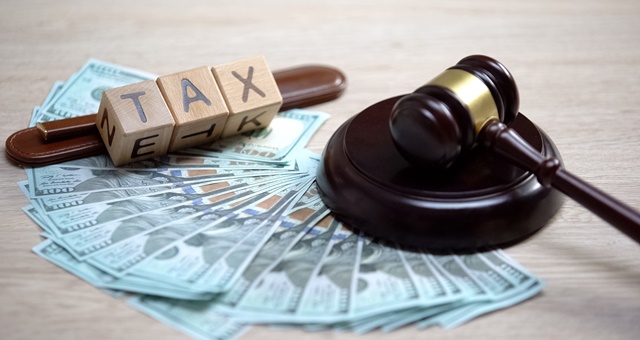Auckland hotels and commercial accommodation providers will be forced to pay the city’s controversial targeted rate after the New Zealand High Court threw out a legal challenge from Tourism Industry Aotearoa (TIA).
The rate, imposed in July 2017, will now see hotel rates rise to cover higher council rates imposed on commercial accommodation in an effort to raise funds for Auckland Tourism, Events and Economic Development (ATEED) – the city’s general marketing agency.
The High Court judgement found there was no requirement that there should be any proportion between how much a ratepayer contributes each year and the benefit they receive from the rate itself.

TIA Hotel Sector Manager, Sally Attfield, said the organisation has consistently argued the targeted rate is unfair, as the city’s accommodation sector accounts for less than 10% of the overall visitor economy.
“The concern is that this opens the door to councils to impose targeted rates on any group of ratepayers they choose, for any reason,” Attfield said.
“Many other businesses also benefit from tourism, but they are not facing this extra impost at a time when tourism is slowing.”
The decision comes despite a recent reversal in support from the NZ Productivity Commission which saw it drop its support for the targeted rate proposal, also known as the “bed tax”. The Commission said its ultimate verdict was that councils need to make more efficient use of their existing funding sources and that there was a role for Central Government to play in supporting funding.
“In 2019, Auckland-Tamaki-Makaurau hotels reported an average occupancy of 82%, the lowest occupancy in the city for the last five years,” Attfield added.
“The slowdown will be exacerbated by the coronavirus outbreak and, with no new major events scheduled in Auckland this year, hoteliers are not expecting to see any significant improvement in their bottom line.”

